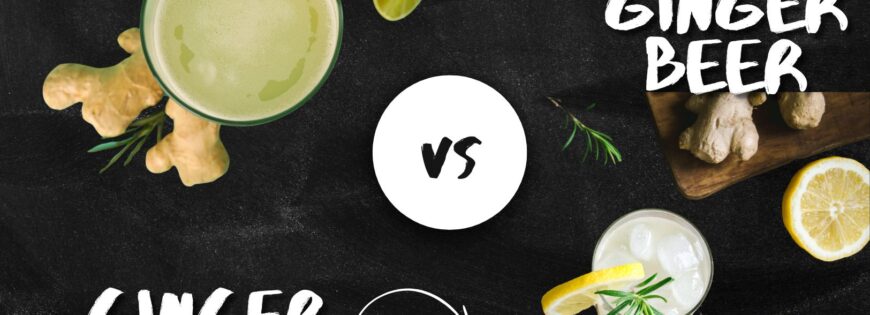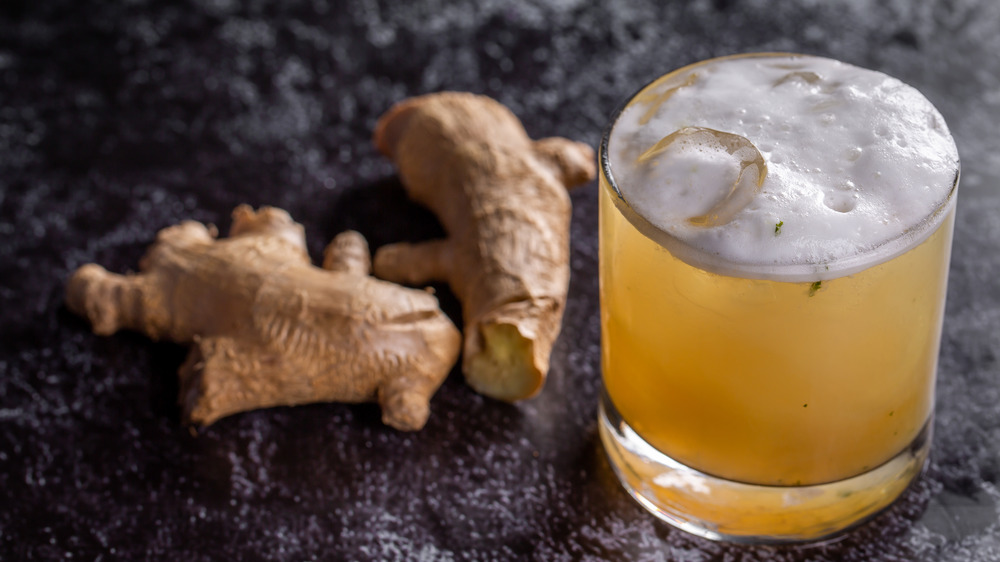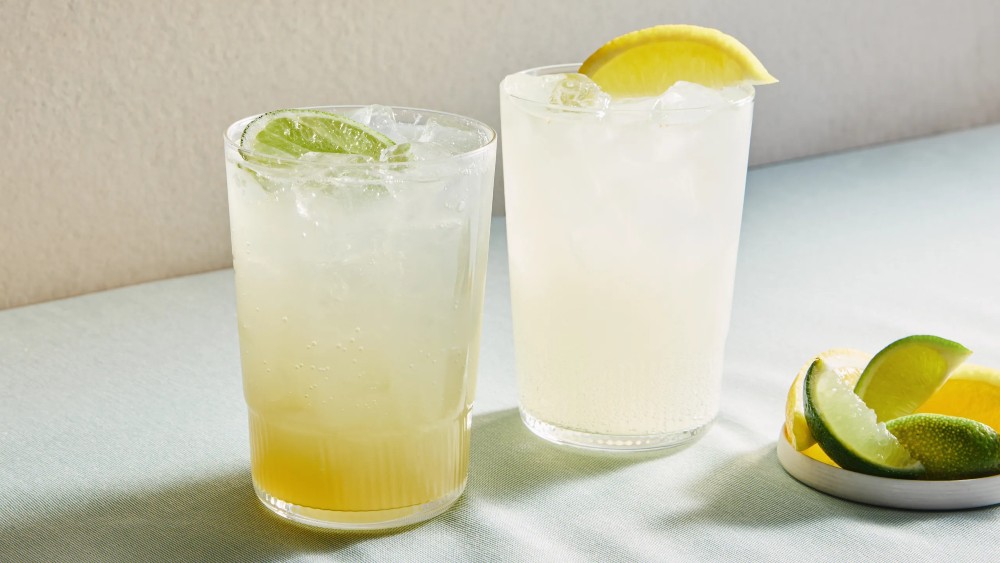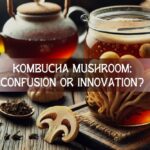While ginger ale and ginger beer were once considered the same, they evolved into distinct beverages during the 19th and 20th centuries, influenced by various beverage manufacturer. Today, they differ significantly in ingredients, sweetness, and spice levels.
So, which fizzy ginger drink should you stock in your home bar? Here’s a guide to help you understand the differences between the two.
What is Ginger Beer?
Ginger beer has a rich history that dates back to the 17th century. It originated in England, where it was initially made by fermenting ginger, sugar, and water by beverage manufacturer. The process produced a naturally fizzy drink, which became popular for its refreshing qualities and medicinal properties.
By the 1800s, ginger beer gained popularity across the British Empire and was often brewed at home using a “ginger beer plant,” a symbiotic culture of bacteria and yeast (SCOBY). This method allowed for the creation of a fizzy beverage with a stronger ginger flavor.
In the late 19th and early 20th centuries, commercial production of ginger beer began, with manufacturers refining the brewing process. This led to the introduction of non-alcoholic versions, making it accessible to a wider audience. Today, ginger beer is enjoyed globally, both as a standalone beverage and as a key ingredient in various cocktails, reflecting its enduring appeal and versatility
Its Taste
Ginger beer is known for its bold and invigorating flavor profile. The predominant taste comes from the fresh ginger, which delivers a spicy kick that can range from mild to intense, depending on the brand and brewing method. This spiciness is often balanced by sweetness, which can vary widely; some ginger beers have a pronounced sugary taste, while others lean towards a drier finish. Additionally, many versions feature hints of citrus, such as lemon or lime, which enhance the overall refreshing quality. The effervescence of the drink adds to its lively character, making ginger beer a zesty and enjoyable beverage, whether consumed on its own or mixed in cocktails.
What is Ginger Ale?
Ginger ale is a carbonated soft drink flavored primarily with ginger, sugar, and various flavorings. It is known for its light, sweet taste and gentle ginger notes, making it a popular choice for a refreshing beverage or mixer in cocktails.
History of Ginger Ale
Ginger ale traces its origins back to the 19th century, when it was developed as a medicinal tonic. The earliest recipes were crafted by mixing ginger with sugar and water, and it was often used to soothe digestive issues. By the mid-1800s, ginger ale became commercially produced, with various manufacturers creating their own recipes. The drink gained widespread popularity in the United States and Canada, particularly with the advent of carbonation, which gave it a fizzy quality that appealed to consumers.
The Rise of Ginger Ale in the Beverage Industry
In the late 19th and early 20th centuries, ginger ale saw significant growth in the beverage industry. It became a staple in homes and bars, often served as a mixer for cocktails or enjoyed on its own. The rise of popular brands, such as Canada Dry and Schweppes, helped to solidify its place in the market. During Prohibition in the United States, ginger ale became especially popular as a mixer for illicit alcoholic drinks, further boosting its prominence. Today, ginger ale is a well-established beverage enjoyed worldwide, with various brands offering different styles and flavors.
Its Taste
Beverage manufacturer told that ginger ale is characterized by its mild, sweet flavor, with a subtle ginger undertone. The sweetness varies among beverage wholesale distributors, with some offering a more sugary profile while others lean towards a drier taste. The ginger flavor is generally softer compared to ginger beer, making it more palatable for those who prefer a less intense spiciness. The carbonation adds a refreshing fizz, making ginger ale a versatile drink that can be enjoyed on its own, over ice, or as a mixer in cocktails.
Breaking Down Their Differences By Beverage Manufacturer
|
Aspect |
Ginger Beer |
Ginger Ale |
|
Flavor |
Strong, spicy ginger flavor | Milder, sweeter ginger taste |
|
Sweetness |
Typically less sweet, varies by brand |
Generally sweeter |
|
Fermentation |
Naturally fermented |
Carbonated but usually non-fermented |
|
Alcohol Content |
Can contain small amounts of alcohol |
Usually non-alcoholic |
|
Uses |
Commonly used in cocktails like Moscow Mule |
Often enjoyed on its own or as a mixer |
| Texture | More robust and full-bodied |
Lighter and crisper |
Can You Substitute Ginger Ale for Ginger Beer in Cocktails?
Yes, you can substitute ginger ale for ginger beer in cocktails, but keep in mind that the flavor profile will change. Ginger ale is milder and sweeter than ginger beer, so the drink may be less spicy and less robust. So choose the best beverage company you know, like Wana Beverage!
If you’re making cocktails like a Moscow Mule or Dark ‘n’ Stormy, using ginger ale will still give you a refreshing drink, but it won’t have the same depth of flavor. To compensate for the difference, you might consider adding a bit of fresh ginger or adjusting other ingredients to enhance the overall taste. Ultimately, it depends on your preference and the specific cocktail you’re making!






